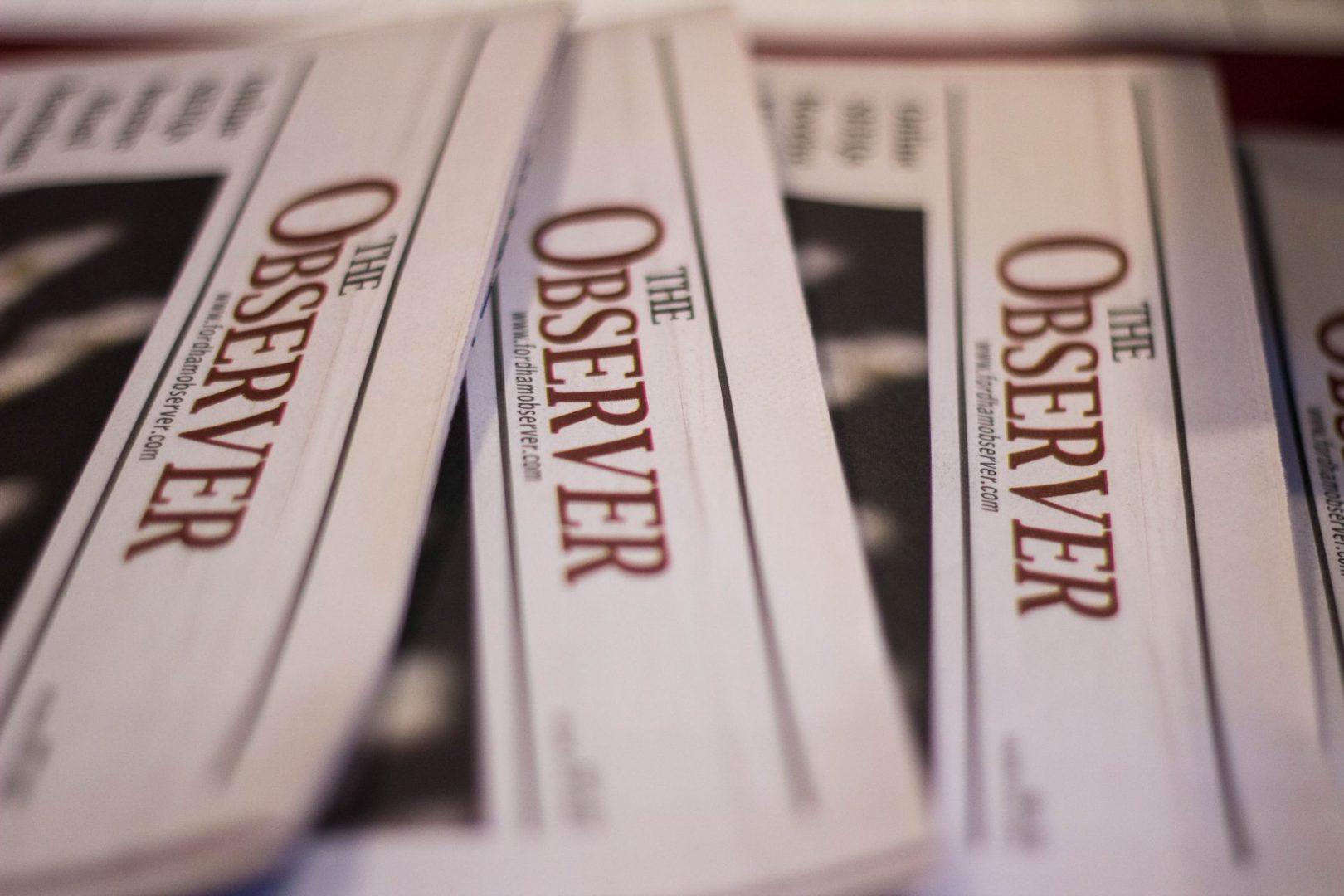Staff Editorial: Vigilance in Victory
November 14, 2018
The United States does not force its citizens to vote. Many Americans will even tell you that our country makes it as hard as possible to do so. They have a point. Most of us don’t get a day off to perform what our country regards as the ultimate civic duty.
Americans — young people in particular — often find themselves unable to take off work, the recipient of a returned absentee ballot in the mail or even put on wait lists when trying to register before the election. Can we blame them for feeling despair?
But this Election Day, more young Americans found their voices and made them heard. In 2014, only about 18 percent of eligible voters aged 18-29 participated in the midterms. This year, 31 percent of eligible young voters cast a ballot.
Though this was the case, many American voices continued to go unheard. Minority communities faced significant voter suppression in Georgia, North Dakota, Arkansas, North Carolina, Texas and likely several other states that have slipped beneath the radar. Certain voters in the Deep South voted at polling precincts with a limited number of voting machines, while other voters were purged from voting rolls.
Women, by and large, were more successful and are better-represented than ever in U.S. electoral history. One hundred women won House races, 35 of whom will be brand new representatives. Arizona’s Kyrsten Sinema became the first openly bisexual woman to be elected to the U.S. Senate and Colorado’s Jared Polis became the first openly gay man to be elected governor. Candidates Rashida Tlaib and Ilhan Omar, both from states in the industrial northeast, became the first Muslim representatives in Congress.
It was a night of firsts, one that reaffirmed the diversity of the American people — especially as overconfident lads and their tiki torches try to bring “white nationalism” back into vogue.
Young people should be proud of their involvement in this victory. Thirty-one percent of people aged 18-29 voted in the midterms, far above the usual average for a non-presidential general election. Despite being the go-to demographic for generational ire and accusations of entitlement and apathy, the youth of America showed promising signs of growth.
2018 was not a full victory for either side. Our legislature is now split between a Democrat-led House and Republican-led Senate. America is neither all red nor all blue, and the population isn’t getting any less diverse. In a time when many citizens observe growing polarization and call for unity, a more progressive government is just what this country needs.
Celebrating the victories of young voters and newly elected officials is crucial. The increased turnout and positive results warrant praise across the aisle. But political involvement does not end once the last races are called and the last concession speeches are made. Politicians continue to enact policies that affect the communities that elected them, whether or not the members of those communities pay attention.
We must involve ourselves in the political process and we must talk openly about it all. We must not merely vote once and then stay silent on the many issues that are important to us. Americans voting in large numbers was fantastic, but those voters organizing all year long will result in changes like never before. America is a work in progress and it always will be. It is a nation that was never designed to be flawless, only to improve over time. It is up to young people to continue the vital work of making this country a more perfect union.










